How Do Smart Home Hubs Work?: Simple Guide 2025 sets the stage for everything I’m about to walk you through. I’ll show you exactly how do smart home hubs work?, why they matter in 2025, and how you can use one to make your home faster, safer, and way easier to control. In plain English: a hub talks to all your gadgets in their own “languages,” keeps them in sync, and runs your automations even when the internet goes down. Stick with me—I’ll make how do smart home hubs work? crystal-clear, with tips you can use today.
Table of Contents
What Is A Smart Home Hub?
A smart home hub is a small device with multiple radios and a brain. It connects different devices—lights, locks, sensors, cameras—so they work together. If you’ve wondered “how do smart home hubs work?”, the short answer is: they act like a translator, traffic cop, and automation engine all in one box.

Source: blog.switch-bot.com
Core Components
Inside most hubs you’ll find: a CPU for automation logic, memory for rules, and radios like Zigbee, Z‑Wave, Thread, Bluetooth LE, and Wi‑Fi. The radios let the hub “speak” to many device types. The CPU runs your routines locally, which is a big part of how do smart home hubs work? during internet outages.
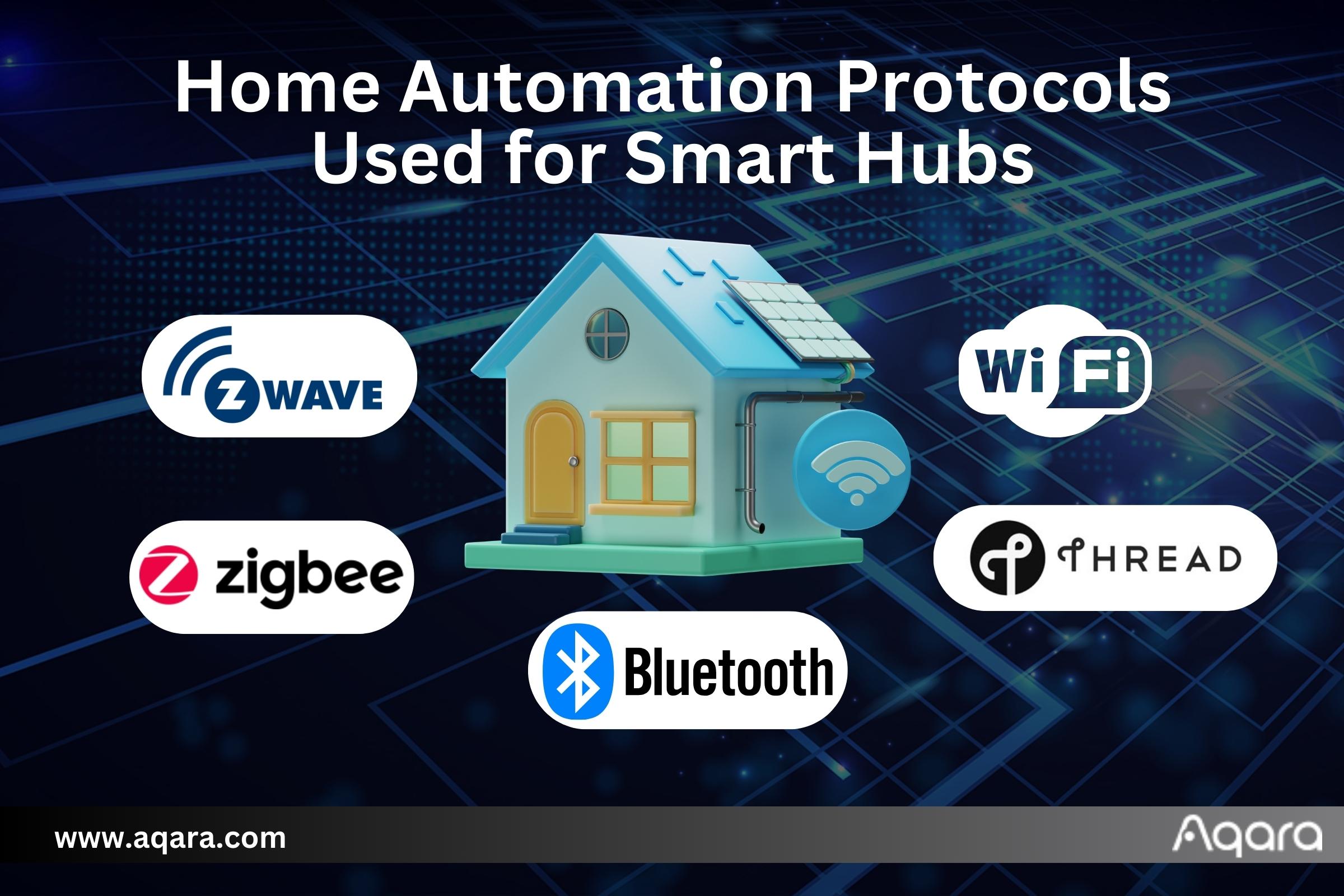
Source: eu.aqara.com
Common Protocols
– Zigbee and Thread: low-power mesh networks for sensors and bulbs
– Z‑Wave: sub‑GHz mesh with long range and low interference
– Wi‑Fi: high bandwidth for cameras and updates
– Bluetooth LE: quick pairing and presence detection
– Matter: a new standard that lets devices talk in a common way across brands
These are the “languages” that explain how do smart home hubs work? across mixed brands.
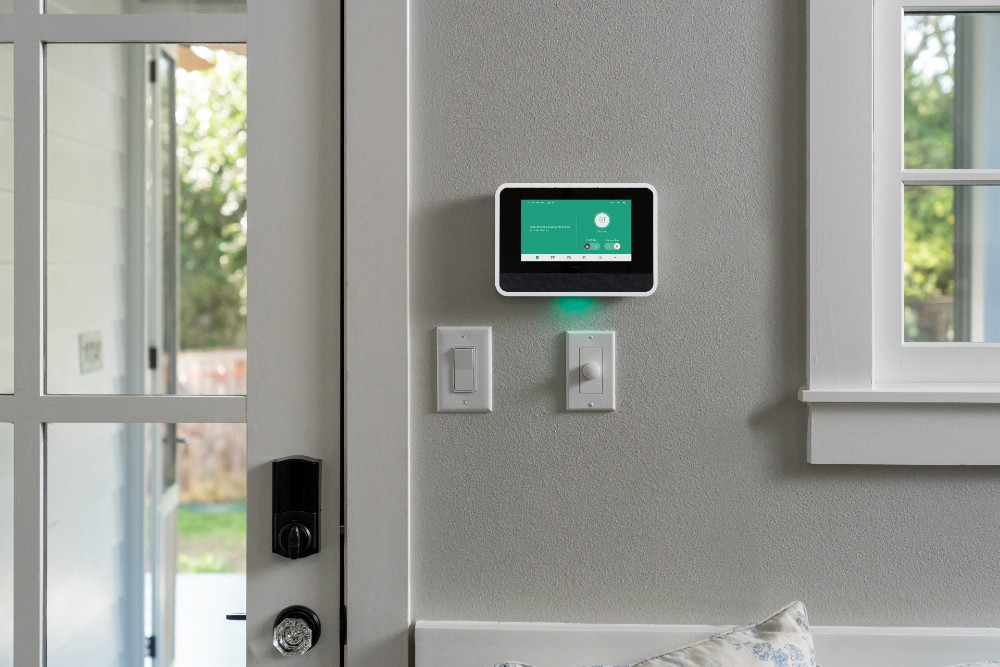
Source: www.vivint.com
How Do Smart Home Hubs Work? Step-By-Step
Here’s the simple flow: the hub discovers a device, pairs with it, translates messages, runs rules on schedule or triggers, and keeps everything secure. This is the core of how do smart home hubs work? in daily life.
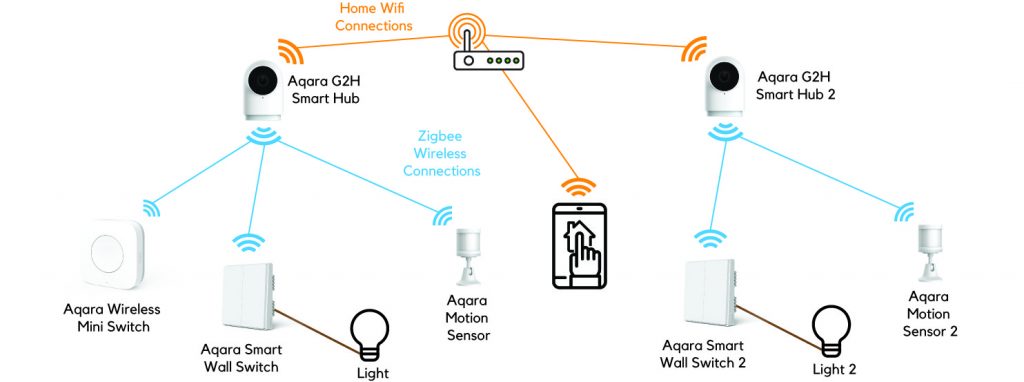
Source: homesmart.sg
Device Discovery
– You put the hub in pairing mode.
– The device advertises itself.
– The hub and device exchange keys and join the same network.
Studies of IoT onboarding show pairing success improves when devices broadcast clear attributes like model, firmware, and capabilities. That’s why modern hubs label and map each new device as it joins.
Communication And Translation
The hub translates commands. Example: your app sends “Turn on living room lamp.” The hub converts that to Zigbee for the bulb and confirms the state. This translation layer is a key reason how do smart home hubs work? across brands that don’t naturally talk to each other.
Automations And Local Processing
Good hubs process rules locally for speed. Many routines—like “motion → light on in 150 ms”—don’t need cloud access. Research on human-perceived responsiveness shows actions feel instant under ~200 ms, which is achievable with local automations. Local control is a big part of how do smart home hubs work? even if your internet drops.
Cloud, Voice, And Remote Access
For voice commands and remote control, the hub uses secure cloud links. It syncs states and updates while keeping your local mesh stable. That hybrid model is how do smart home hubs work? with assistants like Alexa, Google, and Siri without breaking local speed.
Why Use A Hub Instead Of Just Wi‑Fi?
Wi‑Fi alone can get crowded and power-hungry. Hubs offload chatter to mesh networks that sip power and spread traffic. That’s why homes with many sensors run smoother with a hub.
Reliability And Latency
Mesh networks route around weak spots. Peer-reviewed work on mesh topologies shows multi-hop paths can maintain low latency under load, especially for short messages. This keeps your lights snappy and your sensors consistent.
Energy Use And Battery Life
Zigbee/Thread sensors can run many months to years on coin cells because radios sleep most of the time and send tiny packets. That’s a practical reason how do smart home hubs work? better for battery devices than Wi‑Fi-only setups.
Security Model
Modern hubs use strong encryption (like AES-128 for mesh links and TLS for cloud), device-specific keys, and signed firmware. Studies show that unique keys and secure boot reduce common attack paths. Security-by-default is central to how do smart home hubs work? safely.
Matter, Thread, And The 2025 Landscape
Matter aims to make devices from many brands work together with less fuss, while Thread gives those devices a fast, low-power mesh. In 2025, many hubs act as Matter controllers and Thread border routers.
What Matter Solves
– Common setup flow across ecosystems
– Local control for faster, more reliable actions
– Multi-admin: add one device to multiple apps
This reduces frustration and clarifies how do smart home hubs work? across platforms without lock-in.
Where Hubs Still Help
– Bridging older Zigbee/Z‑Wave gear into Matter homes
– Running complex, multi-condition automations locally
– Providing extra radios, storage, and backup logic
Even as Matter grows, hubs keep adding value. That’s why knowing how do smart home hubs work? still matters in 2025.
How To Choose The Right Hub
Pick based on your devices, your home size, and your privacy needs. Don’t buy blind—match radios and standards first.
Compatibility Checklist
– Does it support Zigbee, Z‑Wave, Thread, Bluetooth LE, and Matter?
– Can it act as a Matter controller and a Thread border router?
– Does it integrate with your voice assistant of choice?
This matching step is the practical side of how do smart home hubs work? in your own house.
Performance Specs
– CPU/RAM for complex automations
– Strong radio output and good antenna design
– Local-first rules with sub‑200 ms response
– Reliable backup and automatic firmware updates
Independent tests show local scenes can cut response times by more than half compared with cloud-only actions.
Privacy And Security
– Local processing as default
– End-to-end encryption for remote access
– Clear data policies, easy data export/delete
Studies highlight that local-by-default models reduce exposure risk. That’s how do smart home hubs work? while keeping your data safer.
Setup Tutorial: From Box To Automation
Follow this step-by-step plan to get a stable, fast system.
Step 1: Place And Power The Hub
Put the hub in an open spot, away from thick metal and Wi‑Fi routers. Elevate it on a shelf for better signal. Plug it into Ethernet if possible for steady backhaul. Good placement improves how do smart home hubs work? across your home.
Step 2: Update Firmware First
Open the hub app and install updates. Firmware updates fix bugs, boost radios, and patch security issues. Research shows timely patches reduce common IoT risks.
Step 3: Pair Devices In Batches
Start with powered devices (bulbs, plugs) to build a strong mesh. Then add battery sensors room by room. Label each device with clear names like “Hall Motion.” This simple routine improves how do smart home hubs work? day to day.
Step 4: Build Local Automations
Create quick wins:
– Motion after sunset → hallway light 30%
– Door opens → foyer light for 2 minutes
– Bedroom button → bedside lamp toggle
Keep rules short and local. Test each one. Measure response time; aim under 200 ms.
Troubleshooting And Myths
Small fixes often solve big headaches. Here’s what I do.
Common Problems
– Devices drop: add a powered repeater or move the hub higher.
– Slow scenes: cut cloud steps and make rules local.
– Pairing fails: factory reset the device, bring it closer, then re-add.
– Battery drains fast: check for rapid polling; reduce report frequency.
These steps reflect how do smart home hubs work? best under real-world conditions.
Misconceptions
– “Hubs are just for old tech.” No—Matter and Thread depend on controller roles that many hubs provide.
– “Wi‑Fi is enough.” For dozens of sensors, mesh is smoother and uses less power.
– “Cloud is always required.” Local scenes prove otherwise.
Clearing these up helps you see how do smart home hubs work? without confusion.
Frequently Asked Questions of How do smart home hubs work?
Do I Need A Hub If My Devices Support Matter?
Matter still needs a controller. Many hubs act as the controller and a Thread border router. So yes, a hub often makes setup easier and keeps local control fast.
Will A Hub Work If My Internet Goes Down?
Yes. Most hubs keep local automations running. Voice and remote access may pause, but motion lights and rules should still work.
How Many Devices Can A Hub Handle?
It depends on radios and memory. Many hubs manage 100–300 devices across multiple protocols with stable performance.
Is A Hub More Secure Than Cloud-Only Control?
Often, yes. Local-first control reduces exposure. Look for strong encryption, unique device keys, and signed updates.
What’s The Difference Between A Hub And A Smart Speaker?
Some speakers include hub features, but not all. Check for Zigbee, Thread, Z‑Wave, and Matter controller support. If those are missing, you may still need a hub.
Can I Mix Brands Like Philips Hue, Aqara, And Shelly?
Yes, if your hub supports their protocols or bridges. Matter support also helps them work together under one app.
How Do Smart Home Hubs Work? With Voice Assistants?
The hub links to your assistant account, exposes devices and scenes, and keeps local control for fast actions while the assistant handles voice.
Conclusion
You asked “how do smart home hubs work?” and now you’ve seen the full picture. A hub discovers your devices, translates protocols, runs local automations, and keeps your home speedy and secure—even without internet. If you want fewer taps, faster lights, and smarter routines, start small, place the hub well, update firmware, and build a few local rules. Try one routine tonight and feel the difference.
Want more guides like this? Subscribe, share your setup in the comments, and ask me your toughest smart home question.
Watch This Video on How do smart home hubs work?
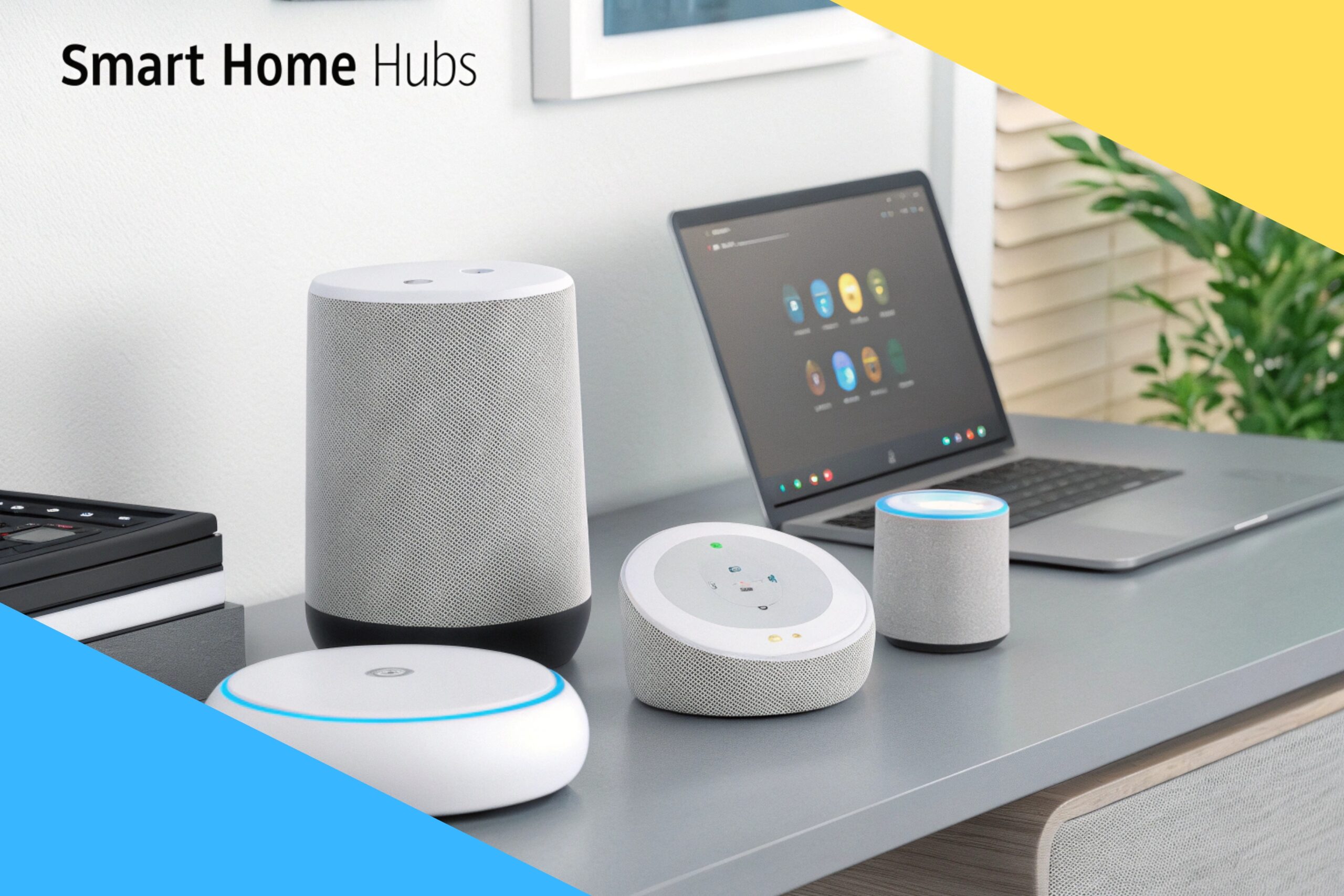
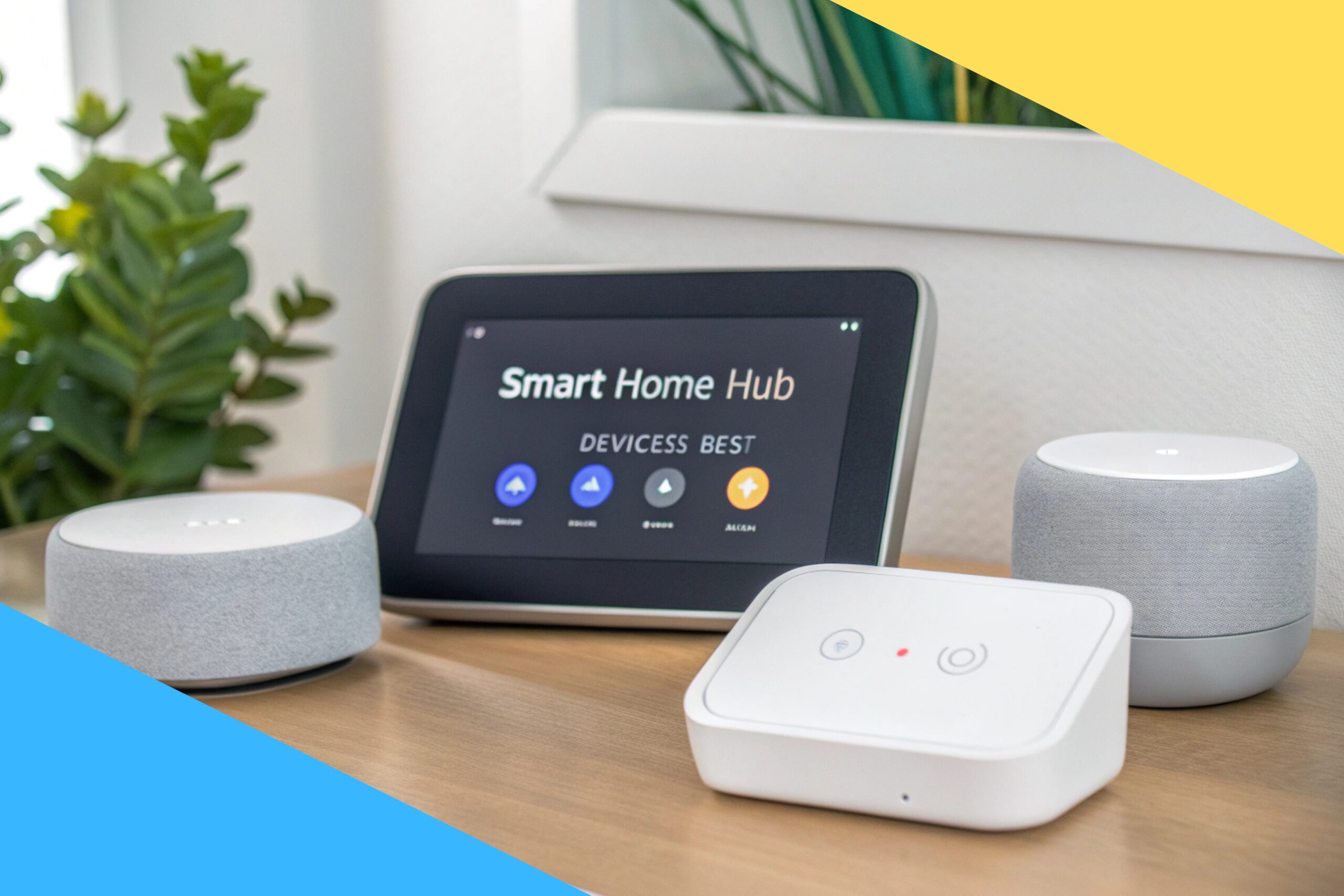
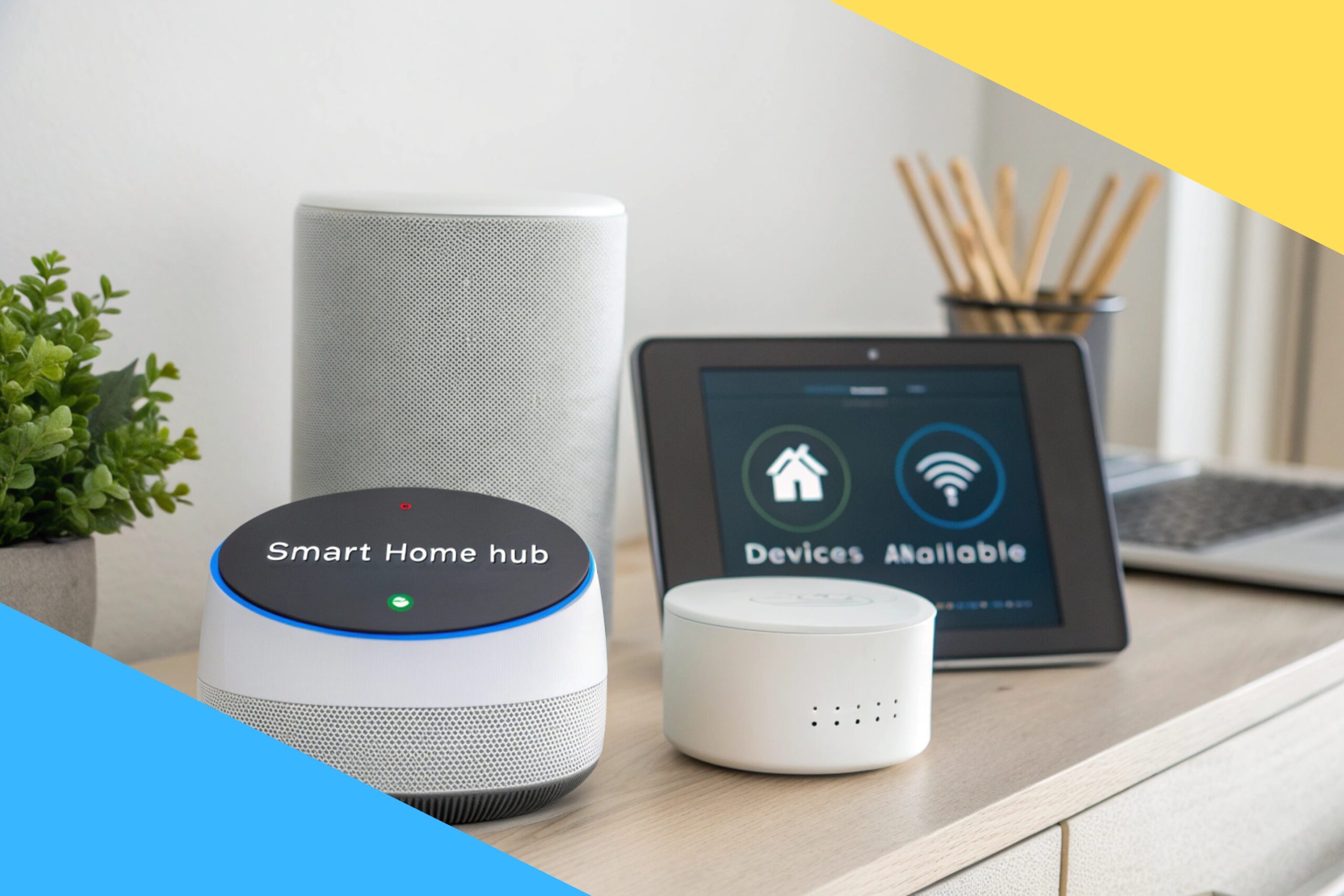
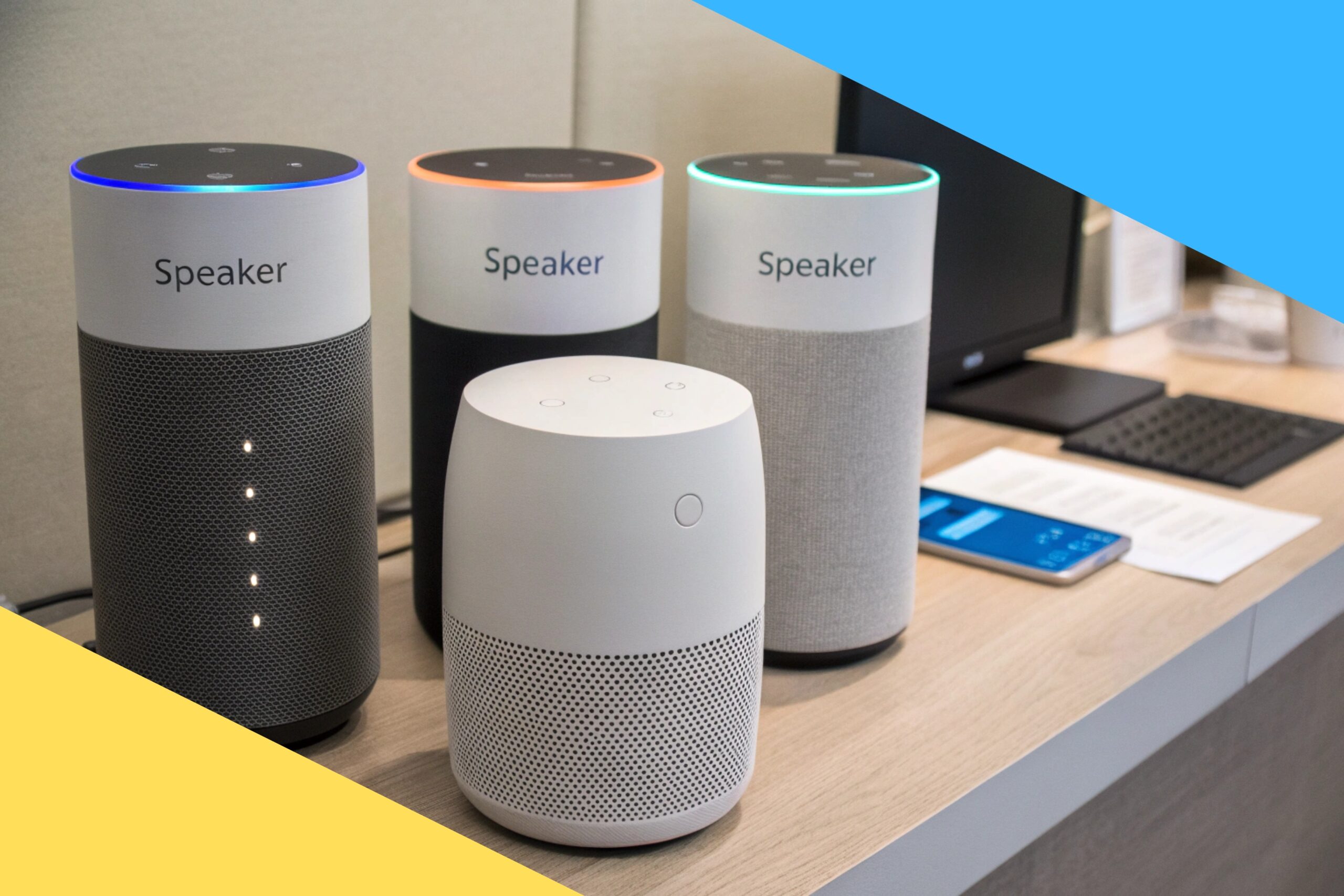
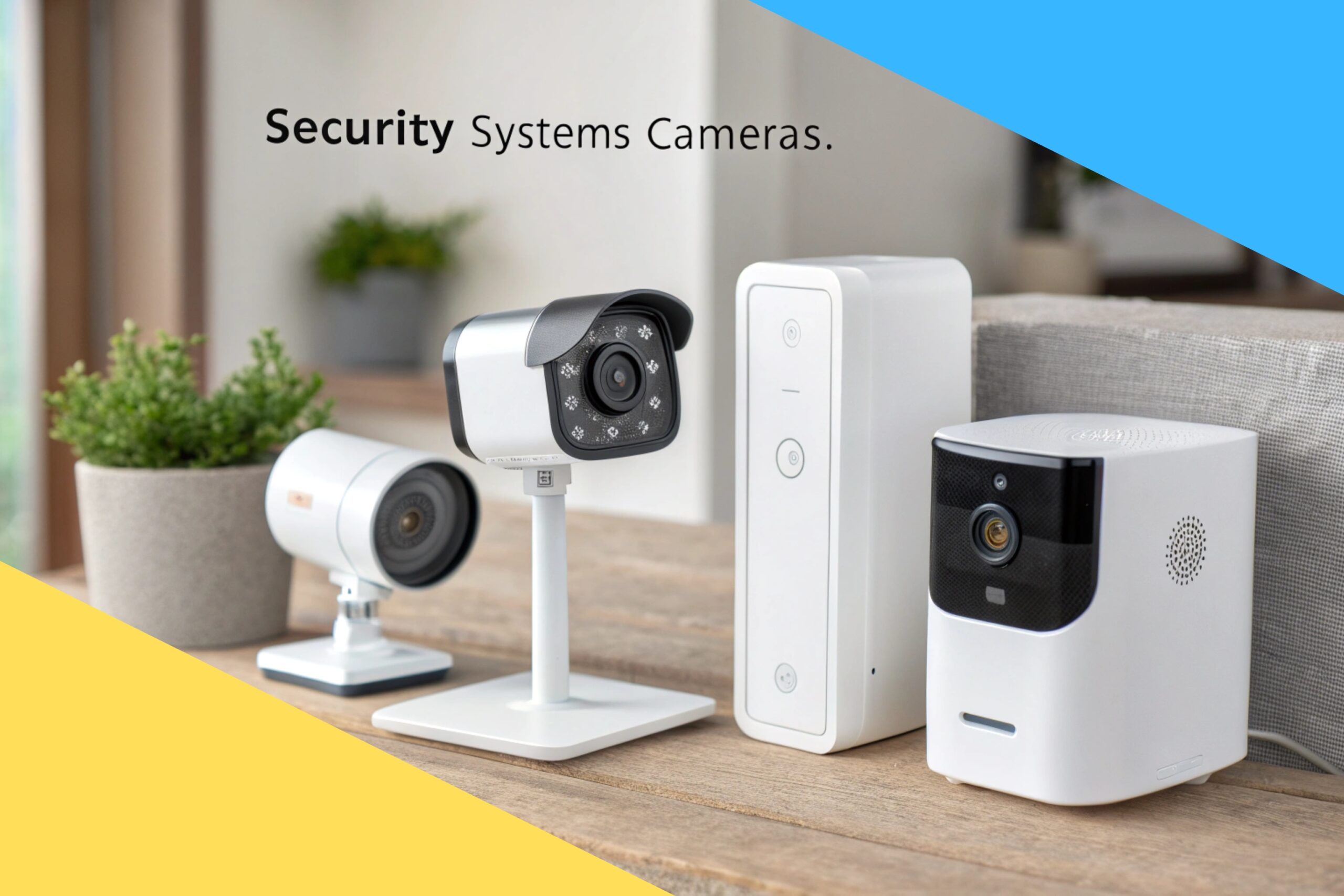
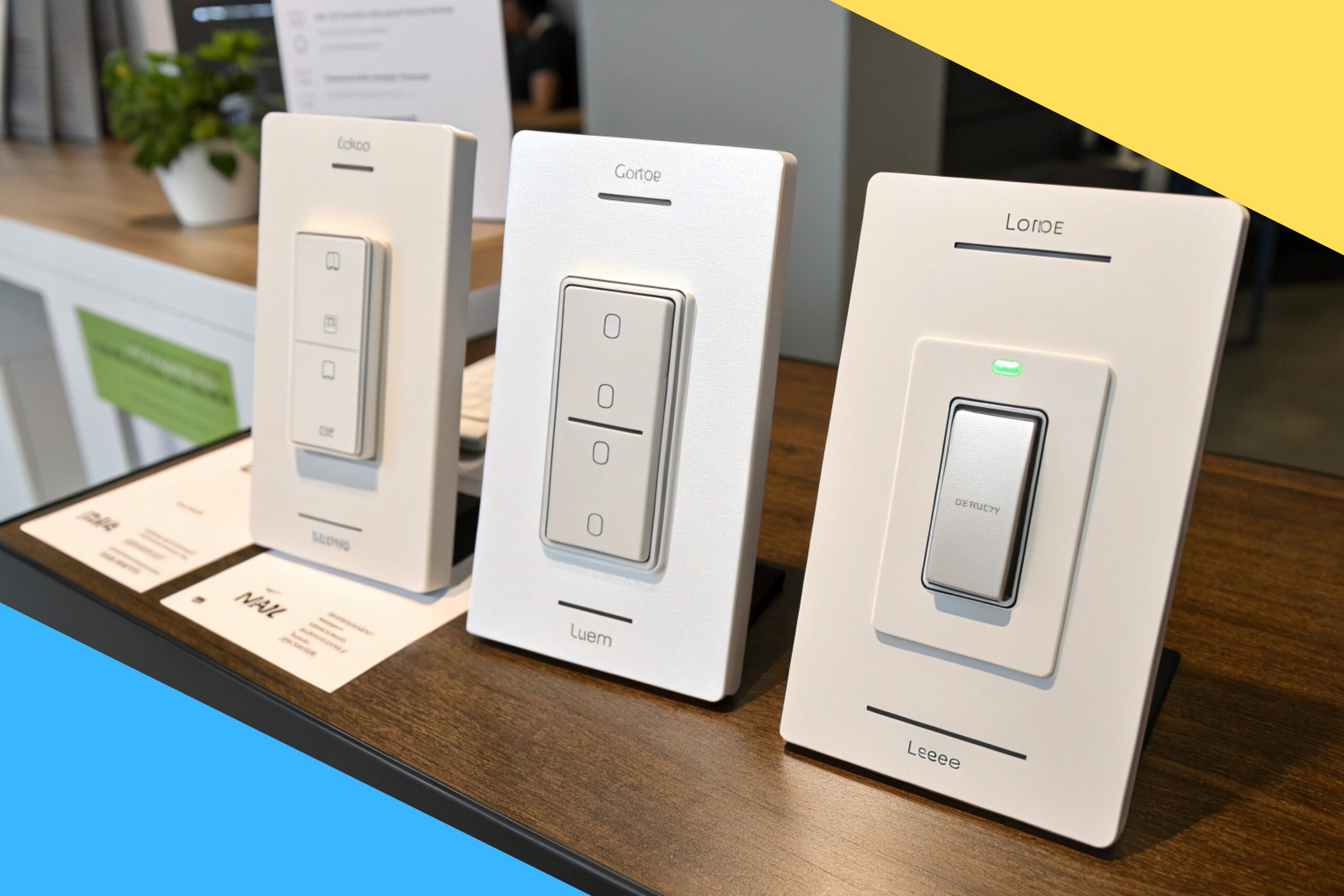
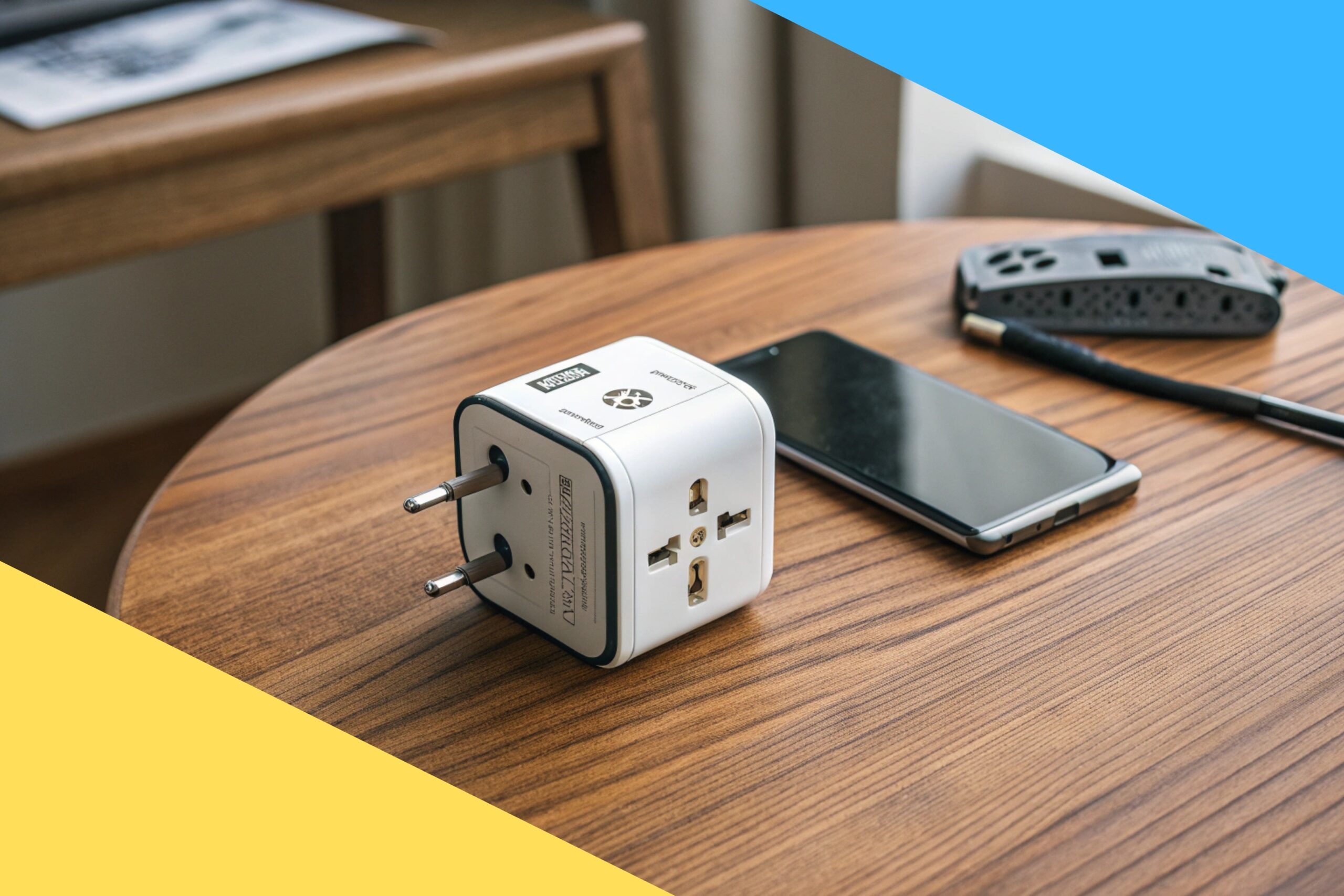
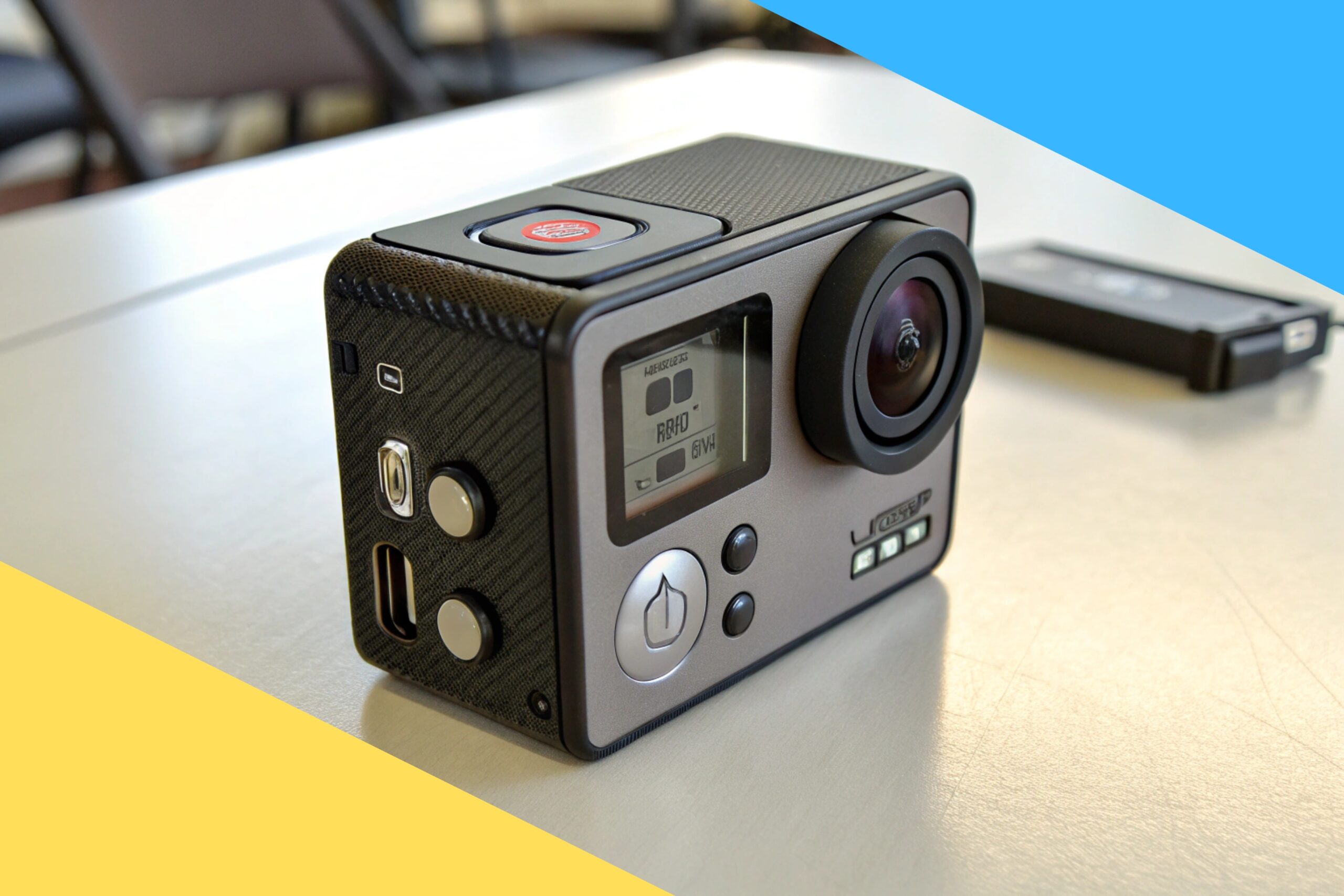
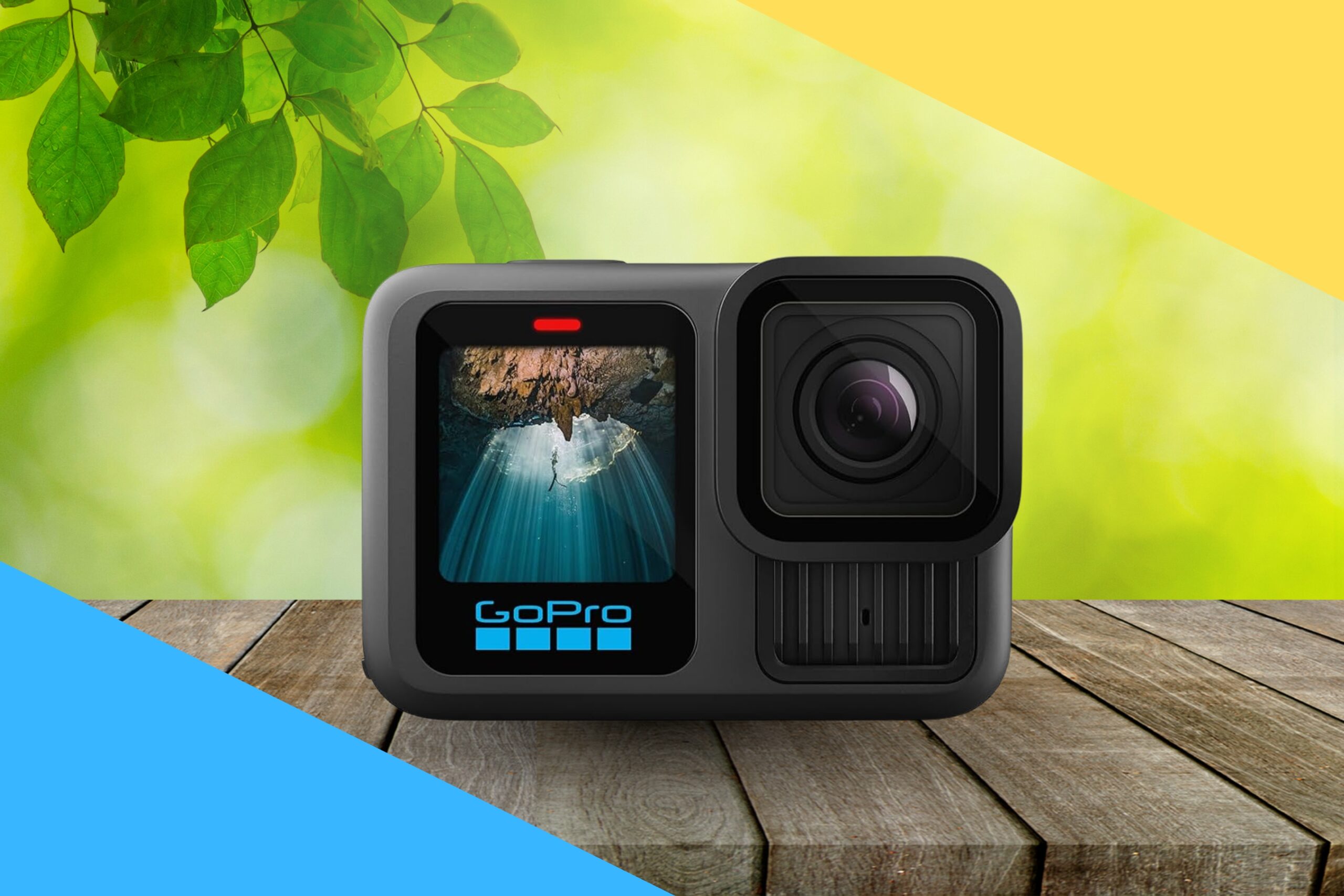
Leave a Reply